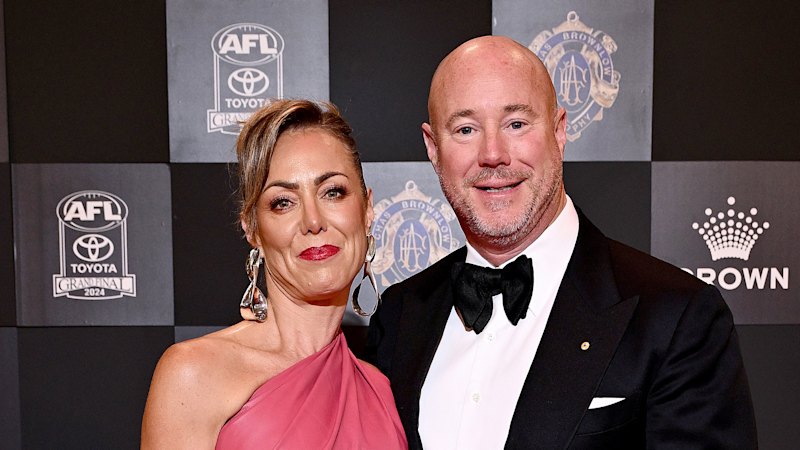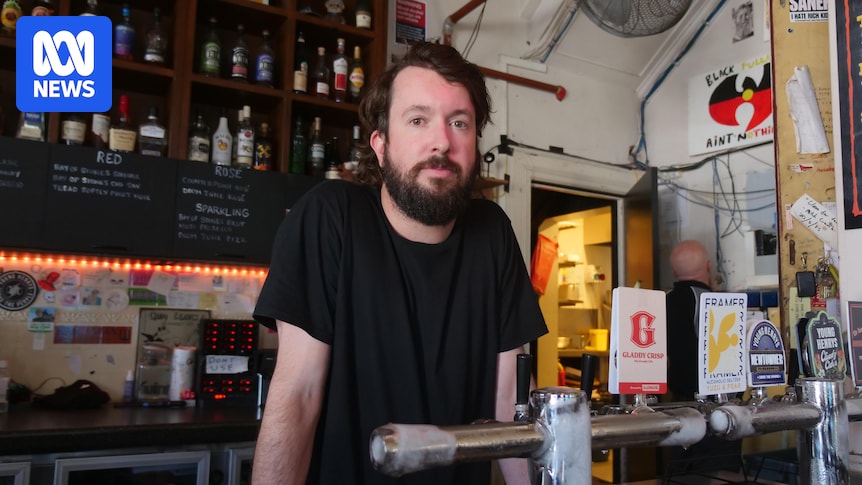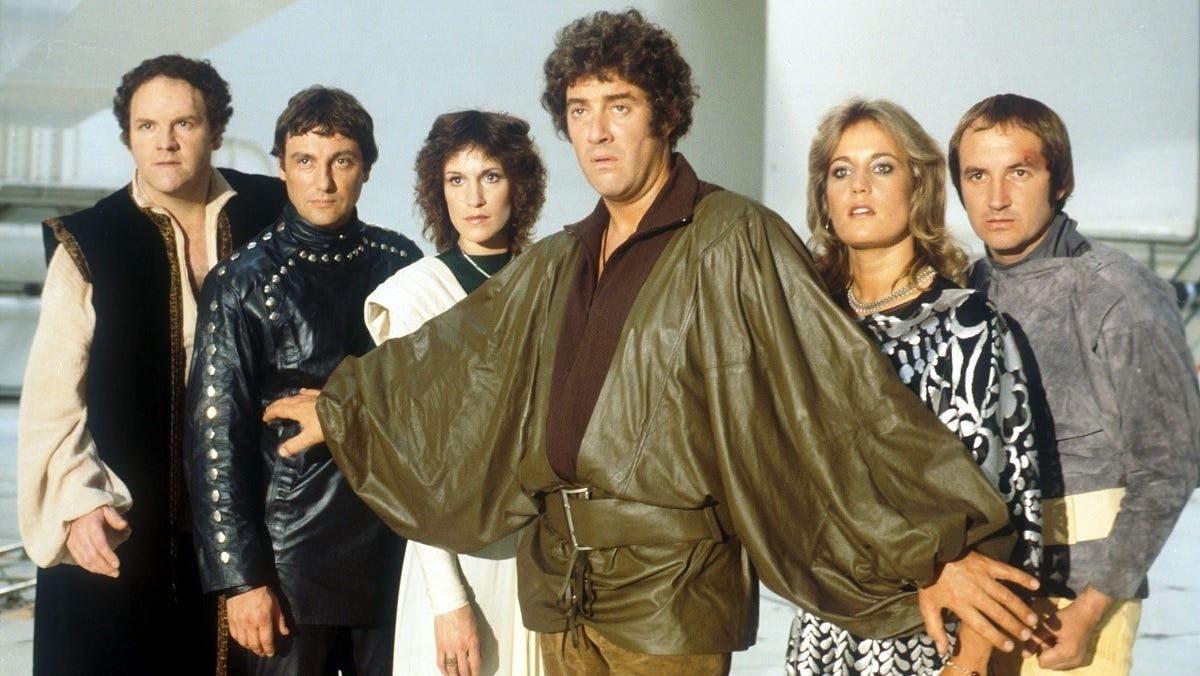
Atlassian co-founder and tech billionaire Scott Farquhar made headlines this week by arriving three hours late to a crucial economic roundtable in Canberra, hosted by Australian Prime Minister Anthony Albanese. The meeting, aimed at revitalizing Australia’s economy, saw Farquhar missing initial discussions, including opening remarks by Albanese and Treasurer Jim Chalmers, as well as a session on international trade risks led by key industry figures.
Farquhar, who is a prominent advocate for loosening AI regulations in Australia, finally joined the event at 11:20 AM, just in time for a session focused on ‘skills attraction, development, and mobility.’ This delay drew attention, especially given his role as a founding member and chair of the Tech Council of Australia, which positions him at the forefront of technological policy discussions.
Background on Farquhar’s Stance on AI Laws
Farquhar’s late arrival comes amid ongoing controversy over his push for AI companies to have greater freedom in using copyrighted materials without compensating creators. This stance has sparked significant criticism from artists, writers, and media organizations who argue that such changes could lead to the exploitation of creative works.
Last month, Farquhar addressed the National Press Club, advocating for Australia to seize the economic opportunities presented by AI, which he claims could add $115 billion annually to the economy by 2030. However, his call for copyright exemptions has been met with resistance, with critics labeling it as a move that would benefit tech giants at the expense of local creators.
Reactions and Implications
The debate over AI regulations in Australia has intensified, with the Productivity Commission’s interim report suggesting that current copyright laws might hinder technological advancements. Yet, the opposition remains strong, with the Media, Entertainment and Arts Alliance describing the proposed changes as a “blueprint for the wholesale theft of Australia’s art, media, and cultural heritage.”
“The scoreboard of the AI era is blank. The race is still on, and Australia has everything to play for.” – Scott Farquhar
Farquhar’s views were challenged in a recent interview with ABC’s 7.30 host Sarah Ferguson, who questioned how he would feel if his intellectual property had been used without compensation during his early career. Farquhar maintained that transformative use of intellectual property could be beneficial, though this perspective has not quelled the ongoing debate.
Looking Forward: The Economic Roundtable’s Agenda
Despite his late arrival, Farquhar’s participation in the economic summit underscores his influence in shaping Australia’s tech landscape. The roundtable, which includes business leaders, union representatives, and government officials, aims to address the country’s productivity challenges and explore new growth avenues.
The discussions are expected to cover a range of topics, from digital transformation to workforce development, as Australia seeks to navigate the complexities of a rapidly evolving global economy. Farquhar’s contributions, particularly in the realm of AI and tech policy, will likely continue to spark debate and influence future legislative directions.
As the summit progresses, stakeholders will be closely watching how these discussions translate into actionable policies that balance innovation with the protection of creative industries. The outcome could set a precedent for how Australia approaches the integration of emerging technologies into its economic framework.
Farquhar’s presence, albeit delayed, highlights the critical role tech leaders play in these conversations, as Australia grapples with the dual challenges of fostering innovation while safeguarding the interests of its creative sectors.






